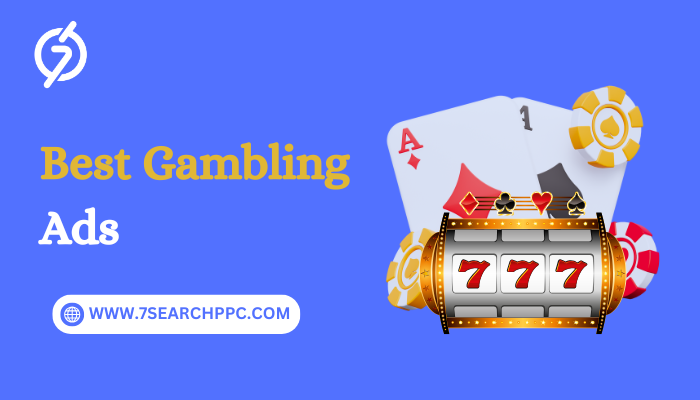What role does social media play in Gambling Advertising?
-
Social media has become a powerful tool in gambling advertising, significantly impacting how gambling operators reach and engage with their target audiences. Here's a breakdown of the key roles it plays:

Key Roles:
- Targeted Advertising:
- Social media platforms collect vast amounts of user data, allowing gambling advertisers to precisely target specific demographics, interests, and behaviors. This enables highly personalized ad campaigns.
- Increased Reach and Engagement:
- Social media's widespread use allows gambling companies to reach a massive audience, far exceeding the reach of traditional advertising methods.
- Interactive features like comments, shares, and likes foster engagement and create a sense of community around gambling brands.
- Influencer Marketing:
- Gambling operators often partner with social media influencers to promote their products and services. Influencers can create authentic and relatable content that resonates with their followers, increasing brand awareness and 1 driving traffic to gambling platforms.
- Content Marketing:
- Gambling companies use social media to share engaging content, such as sports highlights, betting tips, and promotional offers. This content can attract and retain customers, building brand loyalty.
- Real-Time Marketing:
- Social media allows gambling operators to engage in real-time marketing, capitalizing on current events and trends. For example, they can promote betting odds during live sporting events.
- Building Brand Awareness and Reputation:
- Social media is used to help develop a brand's image, and to help build trust with potential customers.
In essence, social media has revolutionized gambling advertising, offering unprecedented opportunities for targeted marketing and customer engagement. However, it also presents significant ethical and regulatory challenges that must be carefully addressed.
